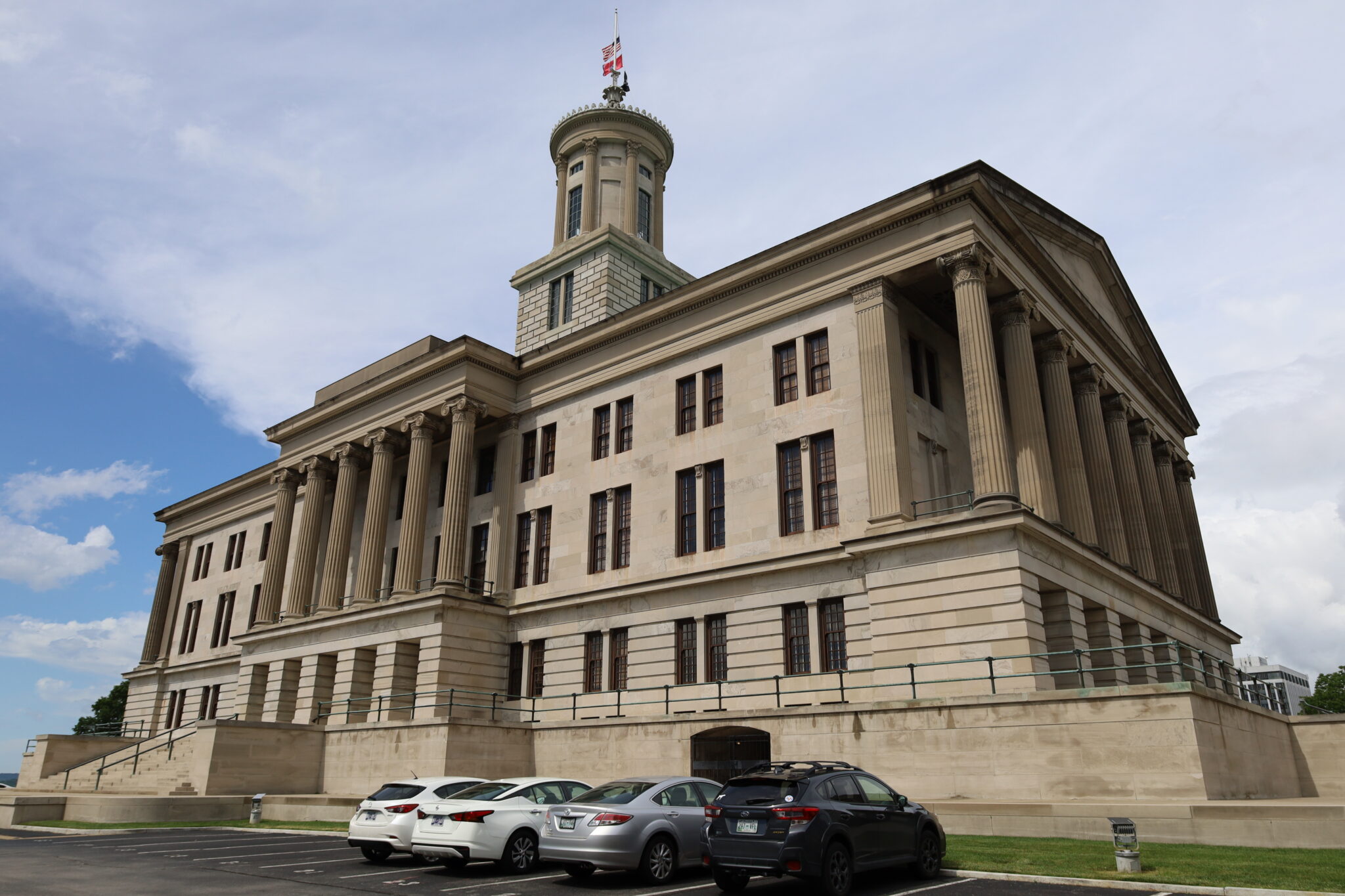
John Fry is a student at Harvard Law School.
As Professor Sachs recently covered, some Republican-led states are trying to discourage private employers from reaching card check agreements with unions. Tennessee passed a law last year prohibiting any recipient of state “economic development incentives” (e.g. subsidies for creating jobs) from voluntarily recognizing a union on the basis of authorization cards or sharing employee contact information with a union. This law was the first of its kind in the nation, but it’s unlikely to be the last: it is based on model legislation from ALEC, and the Georgia legislature recently advanced a similar bill.
It is clear that states cannot directly ban card check agreements. Machinists preemption prevents states from interfering with the free play of economic forces between employers and unions, because Congress intended the NLRA to comprehensively regulate this field. Likewise, Garmon preemption prevents states from regulating conduct that is even arguably protected or prohibited by the NLRA. Voluntary recognition of a union and the sharing of employee contact information fall well within these bounds.
The question is whether labor law’s “market participant exception” allows states to use their spending power to discourage conduct that they cannot prohibit outright. In the seminal case Boston Harbor, the Supreme Court ruled that state and local governments can intervene in labor relations when the terms imposed are specifically tailored to vindicate a proprietary interest of the government. The quintessential example is a local government requiring project labor agreements (PLAs) to be used on a publicly-funded construction project, in order to vindicate its interest in the project’s completion without delays from labor strife—an interest that a private investor could plausibly have in the same situation.
State intervention can be too broad to qualify for the market participant exception in at least two ways. First, states are likely to be preempted when the terms they impose “spill over” and influence labor relations in areas beyond parties’ interaction with government. In Gould, the Supreme Court struck down a Wisconsin law which barred repeat violators of the NLRA from doing business with the state. One reason for the decision was that the law punished activity unrelated to employers’ dealings with Wisconsin. Any unfair labor practice an employer committed could be disqualifying, even if it lacked any connection to the performance of a government contract, so the law was insufficiently tailored to the state’s proprietary interest.
The anti-card check legislation is tailored to avoid this spillover problem. Its restrictions only apply to “the project for which the economic incentive is provided.” But the legislation may be overbroad in a second sense: even state intervention that only impacts government-funded projects may be preempted if it impacts too many projects. The Supreme Court noted approvingly that the PLA requirement in Boston Harbor was “tailored to one particular job,” and the Gould Court emphasized the “rigid and undiscriminating” nature of the Wisconsin statute it struck down. The anti-card check laws are not project-specific at all, applying rigidly to all projects receiving state incentive money.
However, lower courts disagree about how much project-specificity matters. For example, the Ninth Circuit has looked more favorably upon state interventions which only impact a narrow subset of government projects. But courts often uphold the imposition of labor terms on all projects within a given industry, such as all subsidized hotels in Pittsburgh. And the Sixth Circuit even approved “across-the-board” intervention in Snyder, upholding a Michigan law that prohibited state agencies from requiring PLAs on any state project. This mixed precedent makes it hard to predict whether courts will find the anti-card check legislation to be sufficiently tailored or overbroad.
It is also far from clear that states have any proprietary interest in the projects they fund with incentive money. This money goes to privately-owned businesses, such as new factories moving into a state. To be considered a proprietor, a government entity must typically own the project in question (like the public works in Boston Harbor) or hold some financial interest in it (like the “tax increment financing” in Sage Hospitality). The government’s mere desire to increase taxable economic activity by helping private businesses does not suffice. Tennessee, Georgia, and ALEC do not even explain what proprietary interest the anti-card check legislation could advance. None of the statutes claim that prohibiting card check will make economic development incentives more efficient or effective, but only that it will advance state regulatory interests of one kind or another.
However, some courts have upheld state intervention into labor relations when the interventions are sufficiently tailored, even in the absence of any proprietary interest. In Lavin, the Seventh Circuit allowed Illinois to require PLAs for the construction of state-subsidized but privately-owned renewable power plants, reasoning that absent spillover, an offer of grant money with strings attached was not necessarily a form of regulation. The Illinois law’s narrow tailoring was enough for the court to uphold it; the Ninth Circuit has endorsed a similar approach. But other courts have adhered more closely to Boston Harbor, requiring states to show both proprietary interest and tailoring to escape preemption.
Tennessee and Georgia legislators have openly admitted their intent to regulate labor relations, and the Tennessee statute’s preamble is explicit that the law aims to advance a particular labor policy, namely that a “private business agree[] not to waive its employees’ right to a secret ballot election.” The preamble does not explain how this labor policy favoring elections advances any proprietary, economic, or non-regulatory interest. The Gould Court’s preemption holding was based partly on the fact that, on its face, “the point of the statute” at issue was to regulate labor relations. The Court has since confirmed in Brown that a state’s “legislative purpose” to enact “labor policy” is fatal for the purposes of preemption review. In addition to statutory language, some courts have also examined statements by legislators to discern whether a challenged law has a regulatory purpose. The Ninth Circuit, for its part, has maintained that the “lurking political motives” behind a bill do not necessarily lead to preemption.
If the anti-card check laws do survive preemption challenges, they could backfire economically. Ford is currently building a massive electric vehicle plant in Tennessee with the help of economic development incentives. The company’s new contract with the United Auto Workers would allow the plant’s employees to unionize via card check. The Ford plant’s incentive money is safe, because the Tennessee law only applies prospectively to incentives granted after the law’s passage. But future investments in the state from unionized companies—which, like Ford, may have preexisting contractual obligations to honor the results of a card check—could be at risk. Southern states’ hostility to unions has historically helped them attract auto manufacturing jobs, but these new laws could show the limits of that trend.
If these laws are upheld, it will herald a stronger market participant exception and a weaker regime of labor law preemption. As Professor Sachs noted, this could allow other states to pass robust pro-union laws in response. Relaxing preemption is (or at least ought to be) a two-way street, and some advocates for labor law reform believe that less preemption could be a net positive for workers. But preemption reform is not always evenhanded, and cases like Glacier Northwest show the potential for doctrinal changes that disproportionately favor employers over workers. These state laws could therefore impact not only the future of card check, but the contours of preemption doctrine, altering how states can and cannot influence labor relations.









Daily News & Commentary
Start your day with our roundup of the latest labor developments. See all
April 26
Starbucks and Workers United resume bargaining talks; Amazon is ordered to disclose records; Alabamians support UAW’s unionization efforts.
April 25
FTC bans noncompete agreements; DOL increases overtime pay eligibility; and Labor Caucus urges JetBlue remain neutral to unionization efforts.
April 24
Workers in Montreal organize the first Amazon warehouse union in Canada and Fordham Graduate Student Workers reach a tentative agreement with the university.
April 23
Supreme Court hears cases about 10(j) injunctions and forced arbitration; workers increasingly strike before earning first union contract
April 22
DOL and EEOC beat the buzzer; Striking journalists get big NLRB news
April 21
Historic unionization at Volkswagen's Chattanooga plant; DOL cracks down on child labor; NY passes tax credit for journalists' salaries.